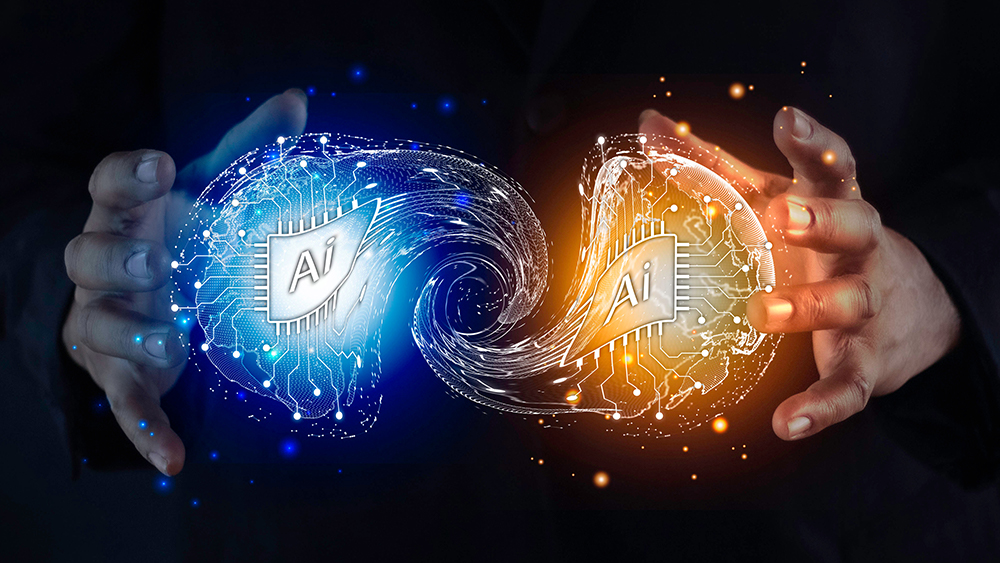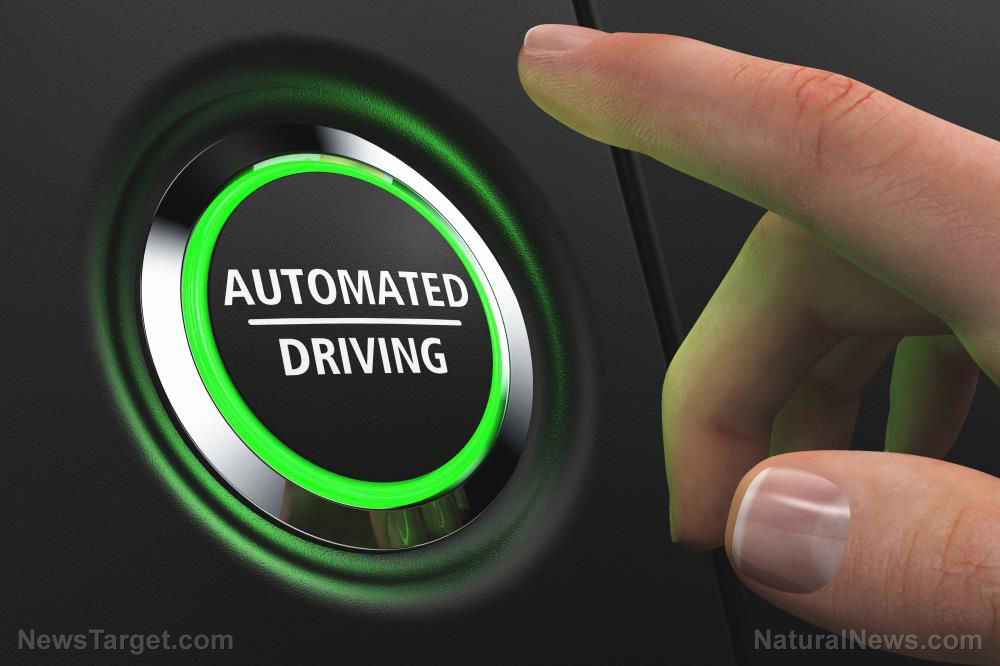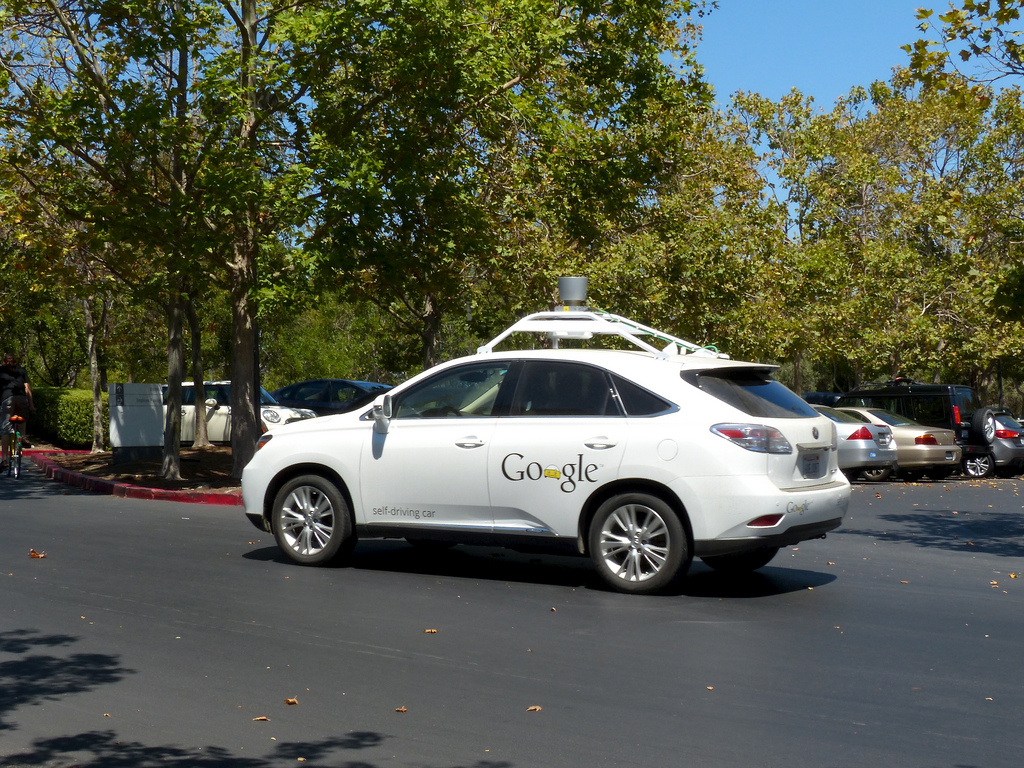UNESCO: Combination of neurotechnology and AI threatens mental privacy
07/17/2023 / By Oliver Young

Neurotechnology and artificial intelligence (AI) are not an ideal pair. On Thursday, July 13, the United Nations Educational, Scientific and Cultural Organization (UNESCO) warned that the combination of the two poses a threat to mental privacy.
UNESCO has started developing a global “ethical framework” to address human rights concerns posed by neurotechnology, such as brain implants or scans that can increasingly peek inside minds.
Neurotechnology is a growing field that aims to connect electronic devices to the nervous system for purposes like treating neurological disorders and restoring movement, communication, vision or hearing.
But enhancing it with AI can harm a person’s mental privacy.
Mariagrazia Squicciarini, a UNESCO economist specializing in AI, has revealed that neurotechnology is now being supercharged by AI algorithms that can process and learn from data in ways never seen before.
“It’s like putting neurotech on steroids,” she said.
This convergence of neurotechnology and AI is “far-reaching and potentially harmful,” said Gabriela Ramos, UNESCO’s assistant director-general for social and human sciences.
“We are on a path to a world in which algorithms will enable us to decode people’s mental processes and directly manipulate the brain mechanisms underlying their intentions, emotions and decisions,” she said during a recent conference in Paris, France.
Scientists in the U.S. admitted in May that they had used brain scans and AI to turn “the gist” of what people were thinking into written words.
Musk now owns neurotechnology and AI companies
Billionaire Elon Musk’s firm Neuralink has received approval from the Food and Drug Administration (FDA) to test its coin-sized brain implants on humans in the United States. (Related: FDA greenlights first clinical trials of Elon Musk’s human brain implants.)
The FDA initially turned down the company in 2019 as there are major issues involving the implant’s lithium battery, the possibility of its wires migrating within the brain and whether the device could be safely removed without damaging brain tissue.
The implant prototypes have so far been implanted in the skulls of monkeys. With the help of a surgical robot in a demonstration back in April 2021, a piece of the skull was replaced with a disk and wires were strategically inserted into the brain of a nine-year-old macaque named Pager.
Musk said the disk registered nerve activity, relaying information via a common Bluetooth wireless signal to a device such as a smartphone. “It actually fits quite nicely in your skull,” Musk said during a presentation. “It could be under your hair and you wouldn’t know.”
The technology has also been tested on pigs whose legs can be controlled remotely by a computer.
Musk has said his ultimate goal is to ensure that humans are not intellectually overwhelmed by AI. But on the same day that UNESCO issued its warning, he launched his own AI company called xAI.
UNESCO is not exactly saying that neurotechnology is a bad thing. “If anything it’s fantastic,” Squicciarini said. The technology could let blind people see and paralyzed people walk, she added.
But with neurotechnology “advancing at warp speed,” UN Secretary-General Antonio Guterres said that ethical guidelines are needed to protect human rights.
Investment in neurotech companies has risen to $33.2 billion, according to a new UNESCO report co-authored by Squicciarini. That’s a 22-fold increase from 2010 to 2020.
The number of patents for neurotech devices doubled between 2015 and 2020, with the U.S. accounting for nearly half of all patents worldwide, the UNESCO report said. The neurotech devices market is projected to reach $24.2 billion by 2027.
Read more news about transforming human beings into something else at Transhumanism.news.
Watch this video that explains Elon Musk’s Neuralink brain chip demo.
This video is from the TKWK T.V channel on Brighteon.com.
More related stories:
Microsoft’s AI chatbot goes haywire – gets depressed, threatens to sue and harm detractors.
Google updated its privacy policy so it can use all your data to train AI.
U.S. to rejoin UNESCO to counter China’s growing influence in the international agency.
Elon Musk announces creation of new AI company after spending YEARS criticizing rapid AI development.
Sources include:
Submit a correction >>
Tagged Under:
artificial intelligence, biotechnology, brain chip, Dangerous, Elon Musk, FDA approval, future science, future tech, human rights, insanity, inventions, mind control, neurotechnology, privacy watch, research, science fraud, transhumanism, UNESCO
This article may contain statements that reflect the opinion of the author
RECENT NEWS & ARTICLES
COPYRIGHT © 2017 ROBOTICS.NEWS
All content posted on this site is protected under Free Speech. Robotics.News is not responsible for content written by contributing authors. The information on this site is provided for educational and entertainment purposes only. It is not intended as a substitute for professional advice of any kind. Robotics.News assumes no responsibility for the use or misuse of this material. All trademarks, registered trademarks and service marks mentioned on this site are the property of their respective owners.


















